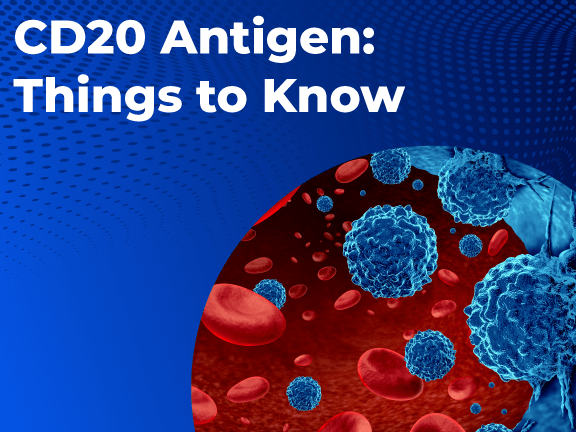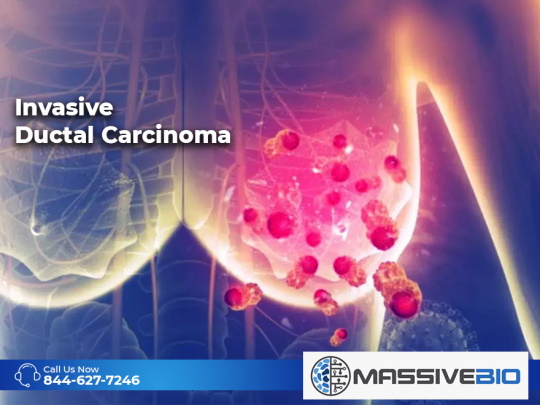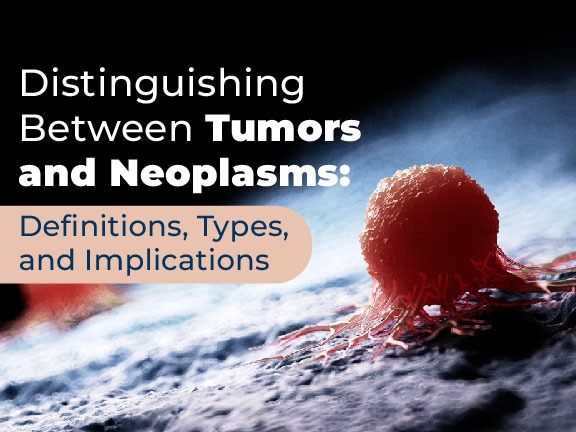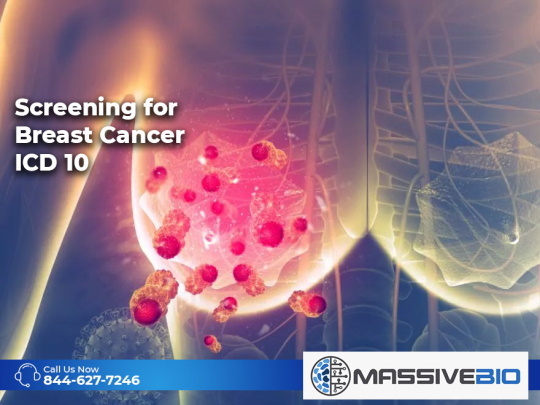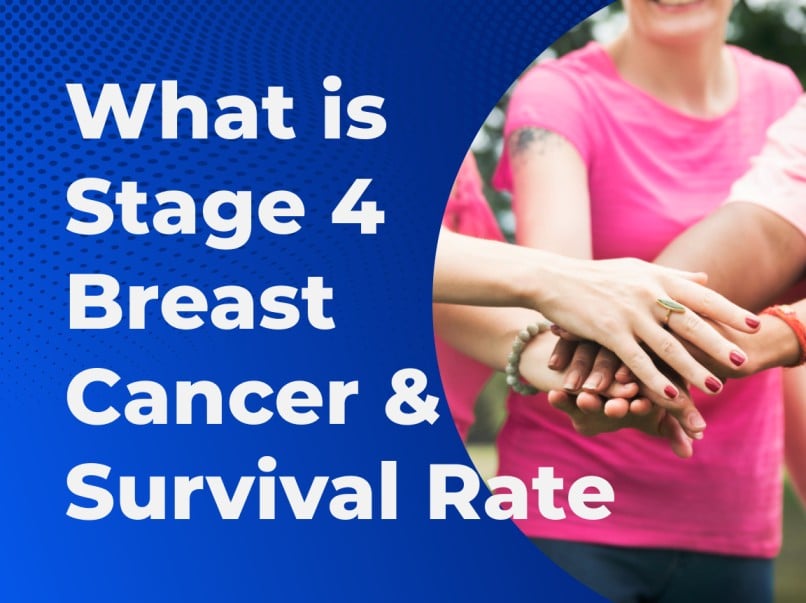CD20 antigen things to know include its role and significance in the human immune system. CD20 is a protein molecule found on the surface of human B cells, crucial for the normal functioning of the immune system. It plays a vital role in the development, activation, and differentiation of B cells.
“CD20 antigen things to know also extend to its use in treating autoimmune diseases. For instance, therapies targeting CD20 have shown effectiveness in conditions like rheumatoid arthritis and multiple sclerosis. These treatments are considered disease-modifying, aiming to reduce disease activity and alleviate symptoms. While treatments targeting the CD20 antigen are generally well-tolerated, improving the quality of life significantly for patients, there is an ongoing need for research into their long-term effects and potential side effects.

In immunological studies, examining CD20 positive cells is crucial for understanding and treating certain types of cancers, such as lymphoma and leukemia. CD20 B cells, which are B cells carrying the CD20 antigen, play a significant role in these cancers’ progression and treatment strategies. Additionally, the study of human B cells in general is fundamental to comprehending the broader aspects of the human immune system, as these cells are key players in the body’s defense mechanism against infections and diseases.
CD20 Antigen: Things to Know
CD20 antigen is a transmembrane protein found in B-cells (also called B lymphocytes), which are a type of white blood cell. As a biomarker, CD20 is expressed in types of cancers associated with B-cell deterioration, such as chronic lymphocytic leukemia, diffuse large B-cell lymphoma, mantle cell lymphoma, and follicular lymphoma. In this article, we will go over the most prominent questions about CD20 antigen.
Definition of CD20 Antigen
The National Cancer Institute defines CD20 antigen as a protein found on B- cells (a type of white blood cell). It may be found in higher-than-normal amounts in patients with certain types of B-cell lymphomas and leukemias. Measuring the amount of CD20 in blood cells may help to diagnose cancer or plan cancer treatment. CD20 is a type of tumor marker. Also called CD20 antigen.
Beyond its role as a tumor marker, CD20 is intimately connected to the function and health of human B cells. These cells, fundamental to the immune system, can become dysregulated in various lymphomas and leukemias. Targeting CD20, particularly with anti-CD20 antibody therapies, has become a cornerstone in treating these malignancies. These antibodies bind specifically to the CD20 antigen on the surface of B cells, including cancerous ones, leading to their destruction. This targeted approach has revolutionized the management of B-cell malignancies, offering a more precise treatment option compared to traditional chemotherapy. The development of anti-CD20 antibody treatments highlights the importance of understanding molecular markers like CD20 in the development of effective cancer therapies.
What Do CD20-positive B-cells Do?
B-cells are the lead element in immunopathogenesis (the development of disease as affected by the immune system) of autoimmune diseases. The B-cells create autoantibodies, present antigens, regulate other cell types, and secrete cytokines. CD20 expression starts at the pre-B-cell stage of development. It continues to exist until the final differentiation into a plasma cell. Although the function of CD20 is not completely understood, it is thought to act as a modular of cell growth and differentiation, and to start intracellular signals. These features make the CD20-positive B-cells an important potential for targeted therapy. In this therapeutic landscape, the bone marrow plays a crucial role as it is the primary site of B-cell development and maturation. Dysfunctions in the bone marrow can lead to abnormal B-cell proliferation, contributing to the pathogenesis of various autoimmune diseases and B-cell malignancies. Since CD20 expression begins early in the B-cell development within the bone marrow and persists until their final differentiation, targeting these cells at different stages of their life cycle is a key strategy in both research and treatment.
What Is CD20-Positive B-cell Lymphoma?
To diagnose a patient with CD20-positive B-cell lymphoma, this antigen needs to be identified through immunohistochemistry (IHC) and find out if the irregular cancerous white blood cell is a B-cell or a T-cell.
CD20-positive B-cell lymphoma is associated with challenges in the differential diagnosis of nodular lymphocyte-predominant Hodgkin lymphoma and T-cell–rich B-cell lymphoma. Although these two diseases are morphologically close, they are clinically different from each other and require different approaches. Studies show that rituximab presents a positive option for the treatment of relapsed CD20-positive lymphoma patients. The drug also shows promising results for a higher rate of failure-free treatment for CD-positive classical Hodgkin’s lymphoma, and overall survival rates.
What Does CD20-Positive Non-Hodgkin’s Lymphoma Mean?

B-cell lymphoma is one of two types of non-Hodgkin’s lymphoma (NHL). According to the data given by the American Cancer Society, about 85 percent of NHL patients have B-cell lymphoma. The CD20 expression below the cut-off values below is present in about 25 percent of B-cell lymphoma patients.
This prevalence highlights the importance of identifying CD20 positive cells in the diagnosis and treatment of B-cell lymphoma. It’s noted that CD20 B cellsare a significant indicator in the disease’s progression and response to therapy. For the 25 percent of B-cell lymphoma patients with lower CD20 expression, treatment approaches might differ, underscoring the need for personalized medicine in cancer treatment.
What Is an Anti-CD20?
Anti-CD20 is the name given to monoclonal antibodies (mAbs) that, as part of the targeted therapy, aims B-cell depletion. Originally, the anti-CD20s were developed as drugs to treat B-cell-related autoimmune diseases such as NHL and chronic lymphocytic leukemia (CLL) as part of the targeted therapy. According to the study results published in the National Library of Medicine, “the second generation of anti-CD20 mAbs has been designed to be more effective, better tolerated, and of lower immunogenicity.” The second generation includes ocrelizumab, obinutuzumab, veltuzumab, and ofatumumab.
The development of anti-CD20 monoclonal antibodies marks a significant advancement in the field of targeted cancer therapy. These antibodies are specifically designed to target CD20, a protein expressed on the surface of most B cells, including malignant ones. This targeted approach allows for more precise destruction of cancerous cells while sparing healthy ones, leading to better patient outcomes.
CD20-Positive Clinical Trials
Targeted therapy is an exciting investigation topic for medical scientists as it proves positive results for patients. And since CD20 antigen’s relationship with common types of cancer and its role in the body is associated with cell growth, differentiation, and signaling between cells, it is considered an important element to study through clinical trials. According to the National Library of Medicine’s portal clinicaltrials.gov, there are about 100 open clinical trials focusing on CD20 antigen.
Massive Bio dedicates a large group of experts and a state-of-the-art Artificial Intelligence-based program to find the best clinical trial options for cancer patients all over the world. These clinical trials include CD20-positive focused research as well as many other specific types of cancer. If you are looking for treatment options, feel free to get a free consultation from our experts or explore how you can enroll in a clinical trial.



